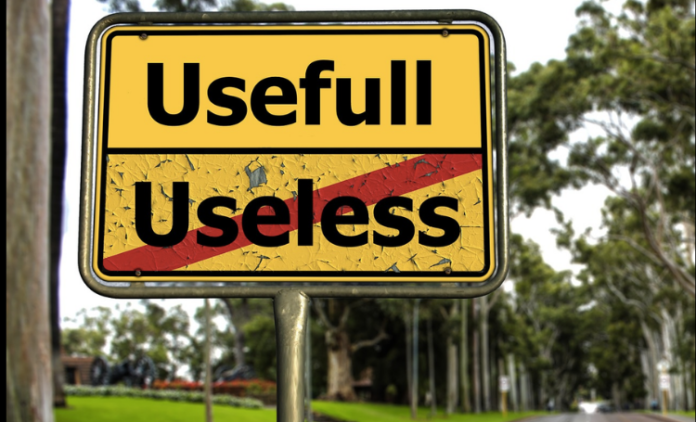Ofra Bengio
Tablet, Mar. 15, 2022
“With the waning of the military’s political power, strategic relations with Israel suffered a setback as well.”
At the end of December 2021, Turkish President Recep Tayyip Erdogan hosted a delegation of rabbis from all over the Islamic world, as well as from Russia. In that meeting, Erdogan stated that relations with Israel were “vital for the security and stability of the region,” and described both antisemitism and hostility toward Islam as “a crime against humanity.” Considering that for the past decade, Erdogan had lashed out at Israel repeatedly while employing antisemitic tropes against it, the meeting raised eyebrows. In order to understand the change in rhetoric, and whether it was a mere tactical move or more strategic and long term, it is important to examine relations between Turkey and Israel in a broader historical context.
The relationship between Turkey and Israel reflects ideological, political, military, regional, and international changes that have taken place in Turkey under the Justice and Development Party (AKP) government in its two decades of rule. The first decade was quite successful economically, politically, and diplomatically. The second witnessed an ongoing deterioration that is reaching its nadir today.
Though the AKP is formally the governing body of the state, in reality it has become more of a one-man show. Hence it is important to analyze Erdogan’s worldview, his motivations, and his political ambitions. Upon coming to power in 2003 as prime minister, Erdogan set up the following goals: first, to prove to the world that Islam and democracy can coexist and that Turkey could become the model for other Muslim countries; second, to solve many of Turkey’s chronic economic problems, as he managed to do when he was mayor of Istanbul in the mid 1990s; third, to undertake sweeping domestic changes, including solving the Kurdish problem, in order to neutralize the military and facilitate Turkey’s entrance into the European Union; and fourth, to diversify Turkey’s foreign relations by leading a more independent policy vis-a-vis the West, opening up to Arab countries, and assuming the leadership role of the Muslim and Turkic world.
Professor Ofra Bengio is senior research associate at the Moshe Center, Tel Aviv University and the author of several books, including The Turkish-Israeli Relationship: Changing Ties of Middle Eastern Outsiders.
To view the original article, click here






